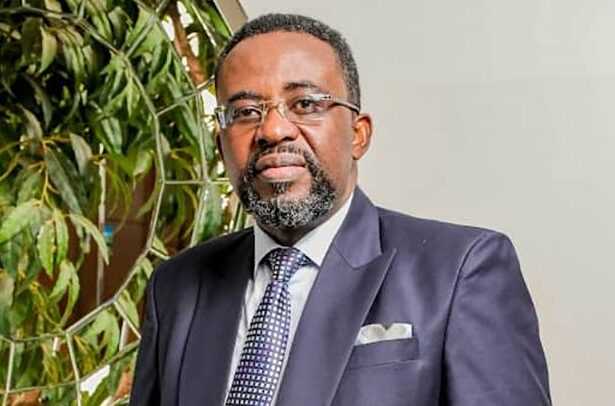The Center for Democratic Movement (CDM) has voiced strong opposition to the appointment of Dr. Johnson Asiama as the Governor of the Bank of Ghana, arguing that the move raises serious legal, ethical, and constitutional issues.
The group warns that the decision undermines public confidence in Ghana’s financial system and ignores long-standing governance principles.
According to CDM, Ghana’s 1992 Constitution, specifically Article 286(1), requires that public officers—including the BoG Governor—declare their assets and liabilities before assuming office. However, Dr. Asiama faces unresolved allegations linked to past financial sector crises, casting a shadow over his transparency and accountability. The group also cites Article 35(8), which mandates that the state must actively combat corruption and prevent abuse of power—a duty they feel has been neglected with this appointment.
CDM further points out that Section 10 of the Bank of Ghana Act, 2002 (Act 612) insists on appointing a governor of recognized integrity and financial expertise, a standard they argue Dr. Asiama does not fully meet given his controversial past, including his association with the collapse of UniBank and UT Bank. Moreover, Ghana’s commitments under international frameworks like the United Nations Convention Against Corruption (UNCAC) and the Financial Action Task Force (FATF) demand that central bank leaders be selected through merit-based and transparent processes. By bypassing these principles, CDM fears that Ghana’s global financial reputation may suffer.
The controversy is compounded by the recent withdrawal of legal charges against Dr. Asiama, which CDM contends suggests political considerations were prioritized over ethical governance. The group questions why President John Dramani Mahama has chosen to reappoint Dr. Asiama when there are many capable and untainted professionals available to lead the Bank of Ghana. They caution that such a decision could further erode public trust in the nation’s financial institutions and deter potential international investors.
This development not only fuels debate over the integrity of Ghana’s financial leadership but also raises broader concerns about the standards upheld in public office—a critical issue for a country striving to maintain a stable and credible economic environment.
Read the statement in full below:
Send your news stories to newsghana101@gmail.com
Follow News Ghana on Google News
















